If you’re after a concentrated burst of lemon flavor, lemon extract should be your go-to ingredient.
It’s not that easy to get hold of though. Lot’s of baking recipes call for lemon extract, but don’t worry… if you find it hard to get hold of or you’ve run out, there’s a good lemon extract substitute for every occasion!
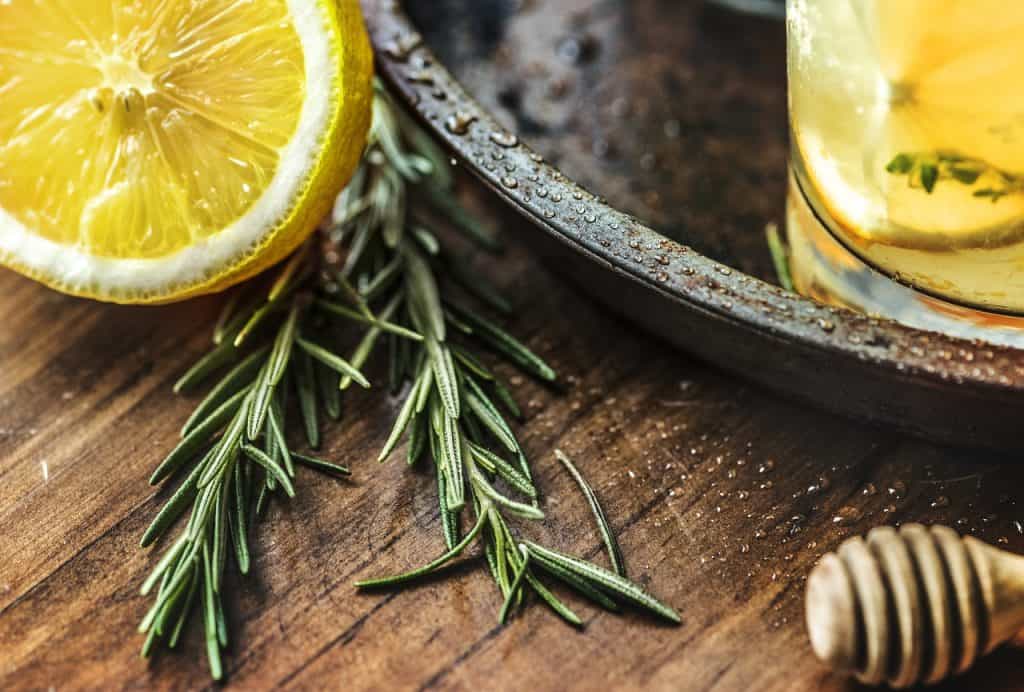
What is lemon extract?
A intense lemon-flavored liquid, lemon extract normally has an alcohol or oil base. It’s made by soaking lemon peel in alcohol or oil, so that it becomes infused by the flavor and aroma of the lemon.
After the flavor has infused, the alcohol is distilled. You’re left with a deliciously intense liquid, without the tart bitter taste of fresh lemon juice.
How is lemon extract used?
This citrus sensation is typically used in baked dishes, such as cakes, cheesecakes and cookies and – not forgetting – lemon meringue pie. It also works fantastically well in custard, cake frosting and glazes.
You can also use lemon extract in savory recipes, in meat marinades or for pickling, for example.
Would you like to save this?
5 Lemon Extract Substitutes
Are you looking for a Lemon Extract Substitute? In this comprehensive list you'll learn 5 ideas for an alternative.
The best substitute for lemon extract is definitely lemon zest, which is basically grated lemon peel. Like lemon extract, it doesn’t have the sharpness and acidity of fresh lemon, yet it brings the same concentrated lemon flavor as lemon extract.
When grating lemon zest, make sure you don’t grate the white part under the skin. This is known as the pith and it’s seriously bitter.
So, don’t take the pith, and you’ll be left with the delicious lemon zest!
Another good thing about lemon zest is that, as it’s not a liquid, you can use as much as you like without changing the consistency. I would suggest using twice as much lemon zest as the amount of lemon extract called for in the recipe.
When it comes to pure lemon flavor, fresh lemon juice is as authentic as it gets. It makes sense that it would be a good alternative to lemon extract, but you still need to bear a few things in mind.
As lemon extract has a much more concentrated flavor, you’ll need to use double the amount of lemon juice as lemon extract. This is fine for dressings, marinades and pickle recipes, but can be a problem with baked dishes.
Dairy recipes can curdle when too much acidity is worked into the dish and the extra liquid could affect the consistency of pastry, for example. In this instance, lemon zest or even lime zest would be a better option.
While fresh lemon juice is definitely preferable, bottled lemon juice is fine.
A good lemon extract alternative for baking, lime zest – like lemon zest – can be added in whatever amount without affecting the consistency of the recipe.
Lemons and limes have a very similar flavor profile and, while some dishes work better with one or the other, it can be hard to tell the difference between the two.
Add twice as much lime zest as the amount of lemon extract the recipe calls for.
Again, be careful when substituting fresh citrus for lemon extract, as the acidity can cause problems in baked dishes.
Lime juice would work really well as a substitute for lemon extract in savory dishes – think marinades, pickles and dressings. Use two teaspoons of lime juice for every teaspoon of lemon extract.
Like lemon juice, fresh lime juice is better, but bottled lime juice is fine.
Like lemon extract, lemon essence has a highly concentrated lemon flavor. The difference is that lemon essence is made using artificial colorants, flavorings, and other chemical components, while lemon extract is taken straight from the lemon.
Lemon essence doesn’t bring the same authentic lemon flavor, but it makes a decent stand-in. Swap in equal parts.
How to use lemon extract
Lemon extract can be used for pickling, marinades and dressings, but where it really shines is as a baking ingredient. Try it these delicious baked recipes:

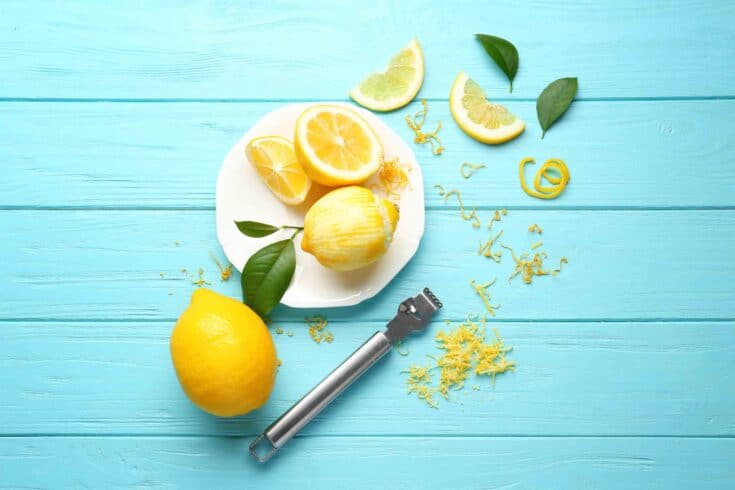
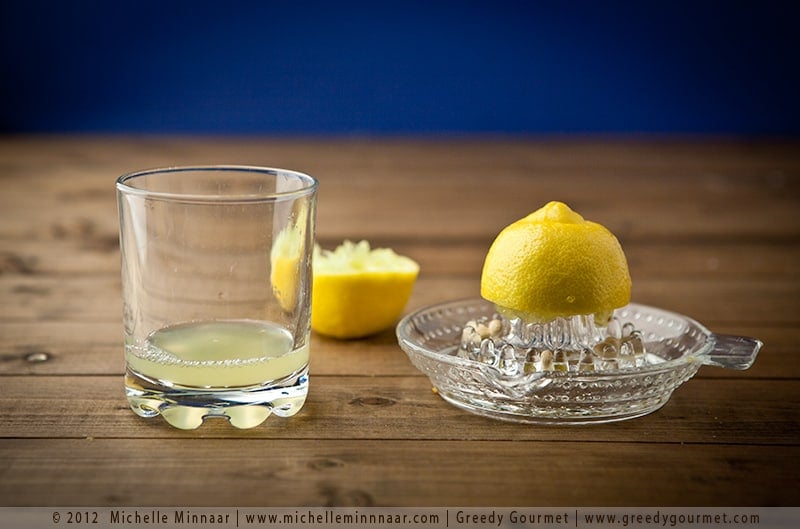
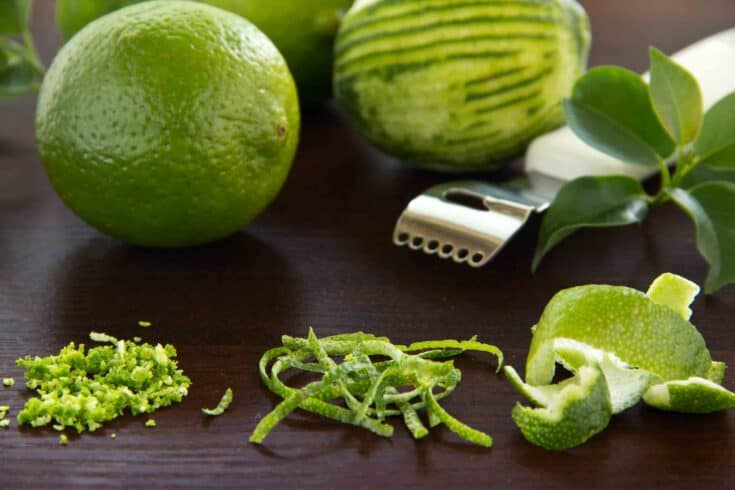

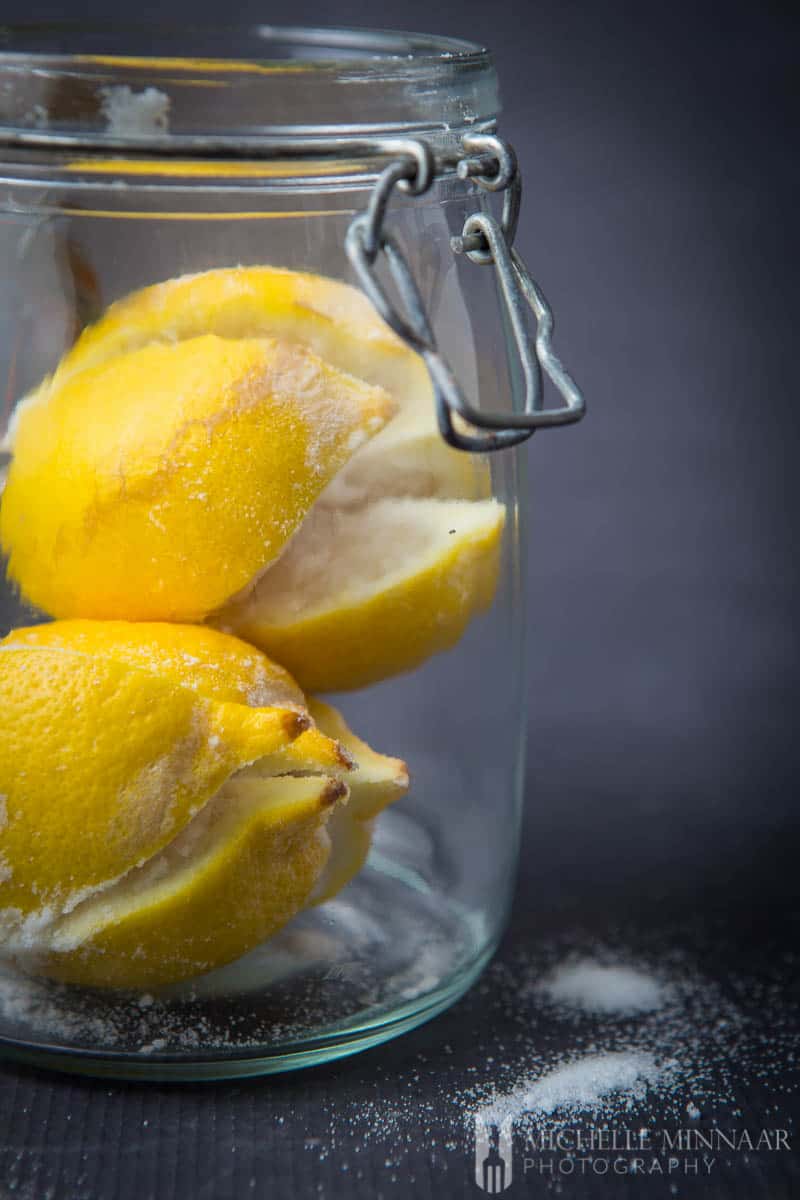
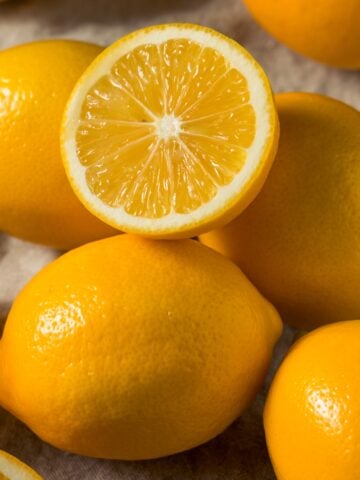
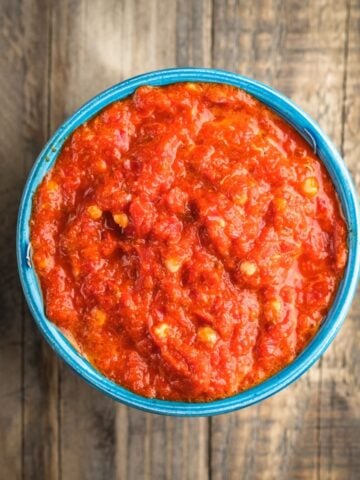
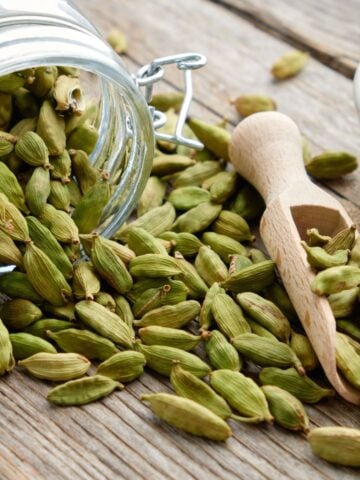
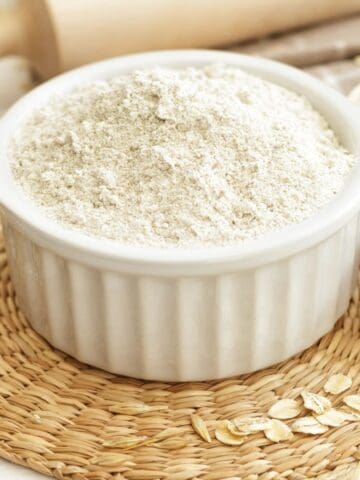
Make my day! - Share your thoughts...